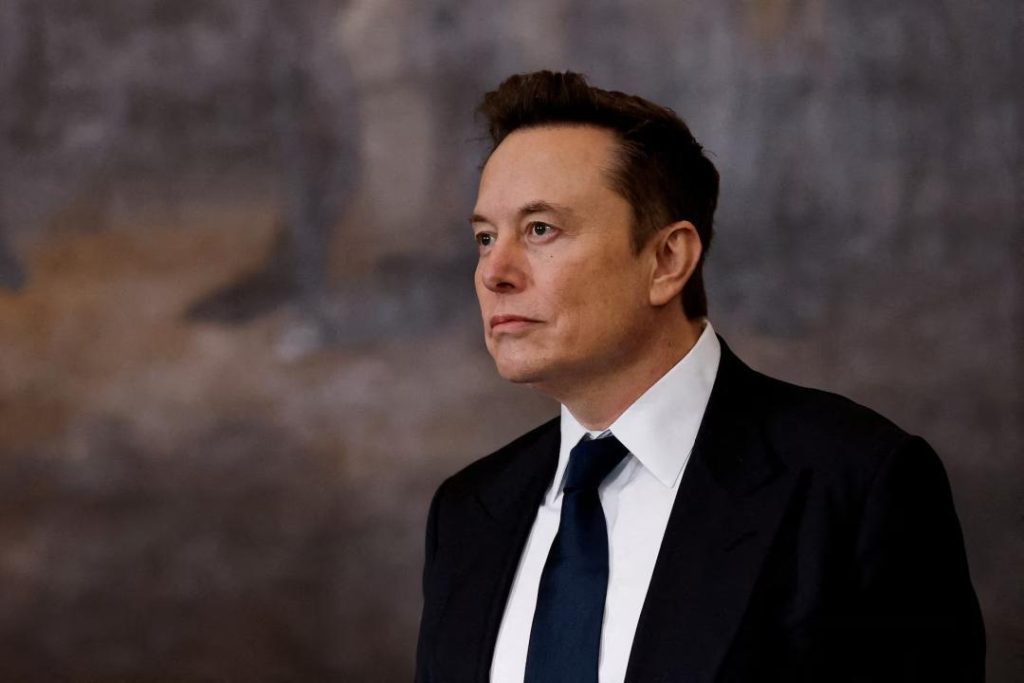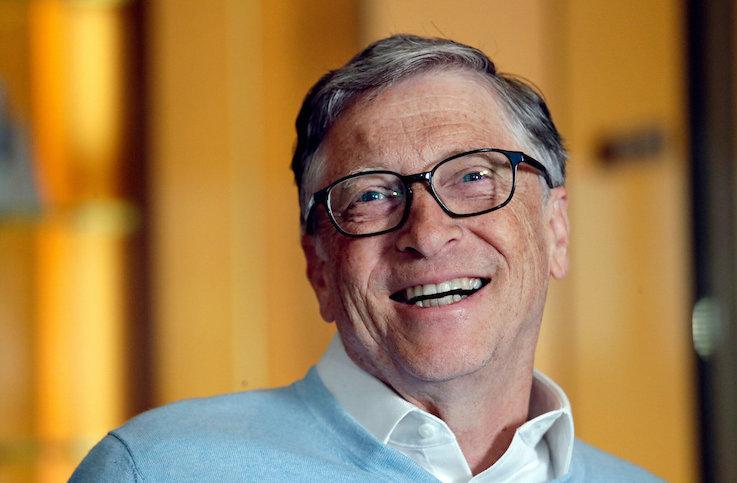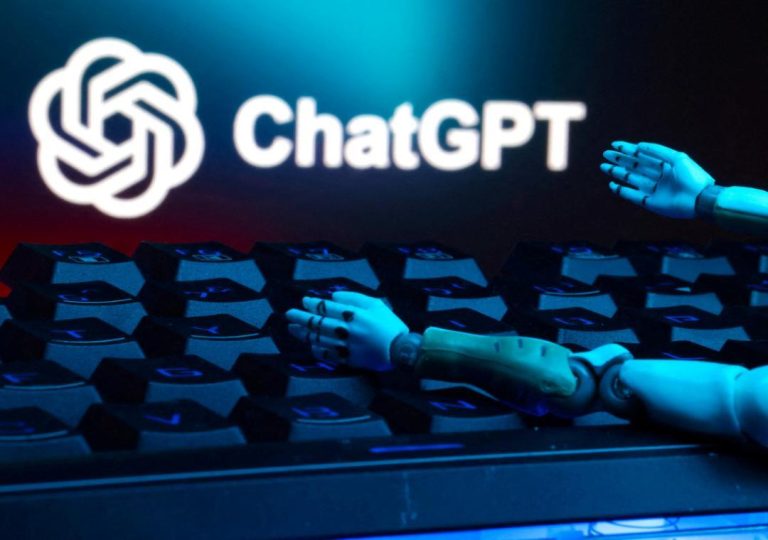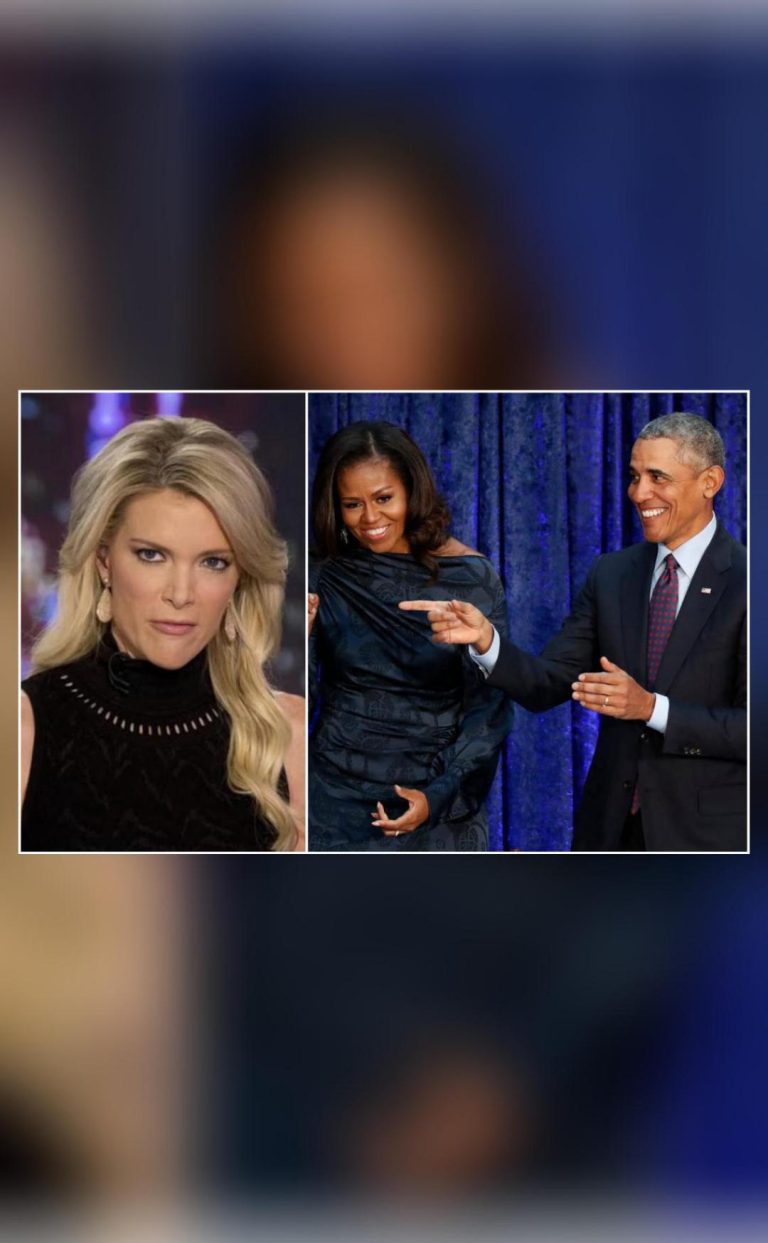
Starlink not allowed in South Africa as I’m not black: Elon Musk
In a shocking revelation, SpaceX CEO Elon Musk recently claimed that his firm’s satellite internet service, Starlink, is not allowed to operate in South Africa because he is not black. In a statement that has raised eyebrows around the world, Musk made the startling admission, sparking a heated debate about racism and technology.
Musk’s comments were made in response to a query about the availability of Starlink in South Africa. However, the SpaceX CEO took the opportunity to make a surprising claim, stating that Starlink is not allowed to operate in the country because of his race. The comment has sparked widespread outrage and disbelief, with many questioning the validity of Musk’s statement.
However, the South African telecom regulator, ICASA, has come forward to deny Musk’s claims, stating that they have not received any application from Starlink to operate in the country. ICASA’s senior official, Clayson Monyela, has also clarified that Starlink is welcome to operate in South Africa, provided there is compliance with local laws.
The revelation has raised several questions about the true reasons behind Starlink’s inability to operate in South Africa. Is it indeed because of Elon Musk’s race, or are there other factors at play? What does this say about the state of technology and innovation in the country? And what are the implications for the millions of people who could potentially benefit from Starlink’s satellite internet service?
The context of Starlink’s satellite internet service
For those who may be unfamiliar, Starlink is a satellite internet constellation developed by SpaceX, with the aim of providing high-speed internet access to the entire world. The service uses a network of thousands of small satellites in low Earth orbit to provide fast and reliable internet connectivity to remote and underserved areas.
Starlink has already launched several successful test flights, with the service expected to be fully operational by the mid-2020s. The service has the potential to revolutionize the way we access the internet, particularly in areas where traditional internet infrastructure is limited or non-existent.
The controversy surrounding Elon Musk’s comments
Musk’s comment about Starlink not being allowed to operate in South Africa because of his race has sparked widespread outrage and disbelief. Many have questioned the validity of the statement, with some accusing Musk of making a racist comment. Others have defended Musk, suggesting that he may have been misunderstood or misquoted.
However, the facts seem to suggest that Musk’s comment was not taken out of context. The statement appears to be a direct quote from an interview, and there is no evidence to suggest that Musk was misquoted or misunderstood.
Regardless of the intentions behind Musk’s comment, the impact has been significant. The statement has sparked a heated debate about racism and technology, with many calling for greater diversity and inclusion in the tech industry.
The response from ICASA and the South African government
In response to Musk’s comments, ICASA has clarified that they have not received any application from Starlink to operate in the country. The regulator has also stated that Starlink is welcome to operate in South Africa, provided there is compliance with local laws.
Senior government official Clayson Monyela has also weighed in on the issue, stating that Starlink is “welcome to operate in South Africa, provided there is compliance with local laws.” Monyela’s comments suggest that the South African government is open to the idea of Starlink operating in the country, provided that the service complies with local regulations and standards.
The implications for South Africa
The controversy surrounding Starlink’s inability to operate in South Africa has highlighted the country’s struggles with technology and innovation. Despite making significant progress in recent years, South Africa still lags behind many other countries in terms of technology adoption and infrastructure.
The country’s telecom regulator, ICASA, has faced criticism in the past for its slow response to new technologies and innovations. The regulator has been accused of being slow to approve new services and technologies, which has hindered the country’s ability to keep pace with global developments.
The Starlink controversy has also raised concerns about the country’s ability to attract foreign investment and talent. The controversy has sparked concerns that the country’s reputation for being hostile to foreign investment and innovation may deter potential investors and entrepreneurs.
Conclusion
The controversy surrounding Starlink’s inability to operate in South Africa because of Elon Musk’s race has sparked a heated debate about racism and technology. While the facts of the case appear to suggest that Musk’s comment was not taken out of context, the impact of the statement has been significant.
The controversy has highlighted the country’s struggles with technology and innovation, and has raised concerns about the country’s ability to attract foreign investment and talent. The incident serves as a reminder of the importance of promoting diversity and inclusion in the tech industry, and of the need for greater transparency and accountability in the way that technology is developed and deployed.
For the millions of people who could potentially benefit from Starlink’s satellite internet service, the controversy has been a setback. However, it is hoped that the incident will prompt a wider debate about the role of technology in promoting social and economic development, and about the importance of promoting diversity and inclusion in the tech industry.
Source:






